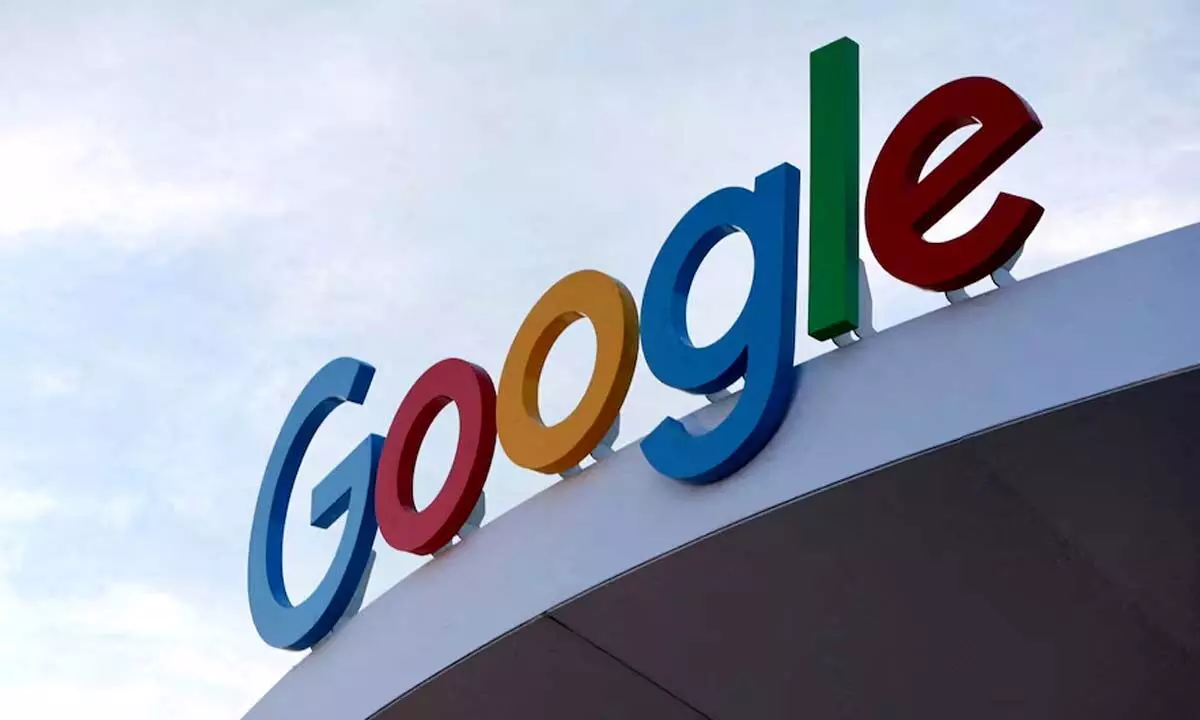Live
- Russia needs a peace deal as it is running out of soldiers
- MyVoice: Views of our readers 25th November 2024
- Lack of planning, weak narrative behind MVA debacle
- UTF dist unit golden jubilee celebrations begin
- TSIC launches ‘Innovations 101’ coffee table book
- Drone technology for crime control
- Do you support caste census? Which one will you prefer caste census or skill census?
- DSS to launch gender campaign today
- MJCET holds first-ever 24-hr datathon
- TDP, JSP, YSRCP urged to oppose Wakf Bill
Just In
Google Unifies Hardware and Software Teams for Advanced AI Development


Google unifies hardware and software teams for advanced AI development, enhancing user experiences and streamlining AI model creation.
Google is taking significant steps to elevate its AI capabilities by reorganizing its structure and merging its hardware and software teams. This strategic move aims to provide cutting-edge AI experiences to its users and partners. Alphabet CEO Sundar Pichai announced this major organizational change to deliver superior services, particularly in the AI sector.
Google Restructures Android, Chrome, and Pixel Teams
An internal email from Sundar Pichai (via 9to5Mac) revealed the consolidation of Google Research with DeepMind teams to advance AI experiences using the Gemini model. This unified team called "Platforms & Devices," will integrate teams from Android, Chrome, Pixel, and other company-wide services. Pichai said that the merger will bring "higher quality products and experiences for our users and partners." He added that the move will help the company "turbocharge the Android and Chrome ecosystems."
The newly formed team will be led by Rick Osterloh, who previously oversaw Google's hardware initiatives. Hiroshi Lockheimer will transition to new projects across Alphabet, and Sameer Samat will manage the Android ecosystem. The Verge reported that Osterloh and Lockheimer suggested the merger two years ago, with Lockheimer stating that the organizational shift "felt like the right time."
Benefits of the Merger for Google and Consumers
In the past, Google had multiple teams working independently on their own AI models. Now, all "compute-intensive model building" will be managed by the DeepMind research lab, allowing for effective collaboration and team synergy. This centralized approach can enhance Google's AI models and accelerate the development of innovative applications.
Streamlining AI efforts through a central team makes AI models more accessible to other teams, promoting the creation of advanced, intuitive applications.The consolidation will likely lead to faster innovation delivery and more robust AI models, benefitting both the company and its consumers.

© 2024 Hyderabad Media House Limited/The Hans India. All rights reserved. Powered by hocalwire.com






